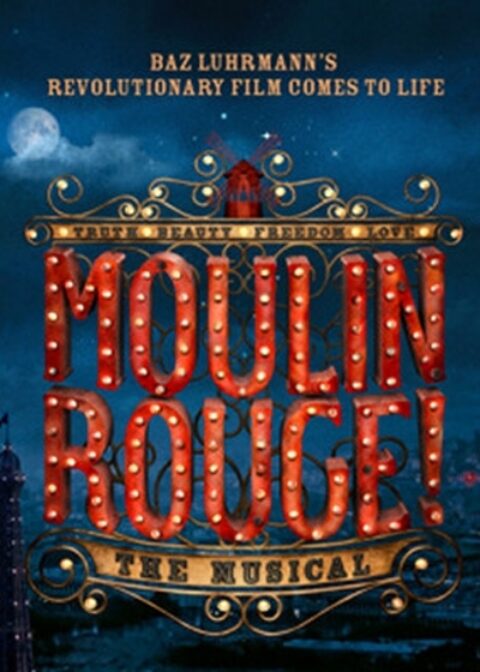Does A Broadway Blacklist Exist? If So, What Actions Merit Inclusion Into The Broadway Blacklist and Why?
Origin Of The Broadway Blacklist
Back in the 1940s and 1950s, Hollywood famously blacklisted entertainment industry members (including screenwriters, musicians, directors and actors) who were believed to have membership in (or a connection with) the Communist party. Some were also blacklisted simply because they wouldn’t “name names.” It seems hard to fathom that something like that could still exist, but it did occur under Joe McCarthy's congressional hearings on "Un-American Activities" in April–June 1954.
While American Communism may not be the issue at hand, Broadway has a secret blacklist of sorts— especially for actors and producers— and for all kinds of reasons.
Professional Reasons For Getting Blacklisted On Broadway
Like any other industry, the theatre world (trickling down from Broadway to Off-Broadway and beyond) must adhere to certain standards. Such standards fall into the professional categories like:
- Significant absences or tardiness during a run
- Showing up to performances under the influence of drugs or alcohol
- Sharing confidential industry information
- Creative differences
- Unwillingness to comply with vaccination protocols
- Not adhering to safety protocols
- Just not pulling one’s weight on stage
There has been many examples occasions when Broadway professionals have crossed these lines.
Personal Reasons For Getting Blacklisted On Broadway
Professional standards can also bleed into personal ones. Some examples include:
- Public indictments of grooming and sexual predation
- Verbally or physically abusive treatment of fellow cast or staff
- Having diva-esque tendencies
- Spreading gossip or other kinds of misconduct
- Having a reputation of being difficult to work with
All of these are potential reasons why performers or creative team members may be deemed toxic by producers doing the hiring phase.
And Speaking Of Broadway Producers…
Of course, it goes the other way too. There are likely plenty of producers on the list as well. specifically Garth Drabinsky and Scott Rudin.
Garth Drabinsky was famously found guilty of embezzling money and served jail time only to be given another chance which resulted in a similar disaster. He was also abusive to staff to boot. It is not expected that he will be getting a third chance.
Scott Rudin— though wildly successful in his Broadway pursuits— got canceled for mistreating staff and company members.
Moguls like Drabinsky and Rudin think their deep pockets absolve them of any wrongdoing but those pockets are not seemingly deep enough to pay the piper.
Getting Fired From A Broadway Show
Most would-be actors spend so much time dealing with the challenges of getting hired on Broadway, they likely don’t really consider the possibility of getting fired. And given that Broadway performers are protected by the union (Actors Equity Association) and binding contracts that have been negotiated to the letter by agents and lawyers, getting fired is actually kind of hard on Broadway
In other words, an actor really needs to mess up big-time in order to be let go, especially actors with a bit of star power to their names.
Potential Effects Of A Broadway Blacklist
Broadway, for all of its mystique and glamor, is a fairly small industry. Everyone knows everyone and as such, word travels through midtown fast. Reports of bad behavior— confirmed or not— spread like wildfire and before too long, not only can an actor lose their job but they may be at risk for never getting hired on Broadway again.
If that happens, they may try their luck out in Hollywood (where tales of Broadway’s dirty laundry carry hardly any weight), relocate to a smaller city with a robust theatre scene (those markets might take kindly to potential name recognition which could increase ticket sales) or in some extreme cases, give up the business entirely and disappear into oblivion.
Long Term Repercussions Of Being Added To The Broadway Blacklist
If those who have been alienated from the community choose to stick it out in New York City, they often become persona-non-grata everywhere they go, even if they just show up in the audience. Broadway fans have a long memory for wrongdoing.
Once the court of public opinion has spoken it’s virtually impossible to change the verdict, it that may not be entirely fair.


